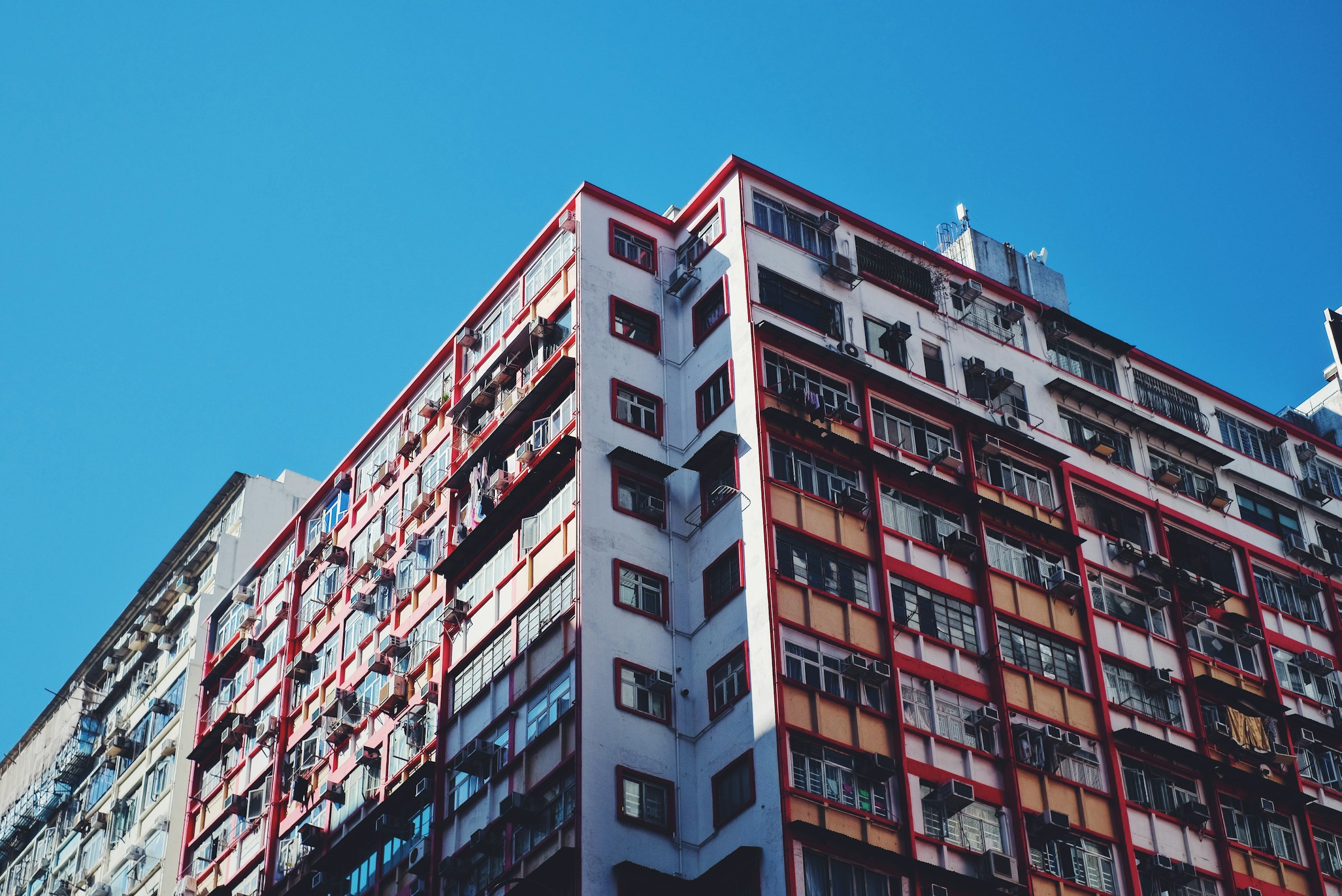Hong Kong’s housing market continues to show signs of cautious recovery, with lived-in home prices rising for a third consecutive month in June 2025. Official data from the Rating and Valuation Department reveals a modest 0.03 percent increase for the month, bringing cumulative gains since April to 0.63 percent. While these figures may appear negligible at first glance, their consistency reflects a broader recalibration in the city’s housing dynamics—one shaped by tighter financing conditions, moderated buyer sentiment, and a still-disciplined policy environment.
In parallel, the city’s rental market is exhibiting far stronger momentum. Residential rental prices climbed for the seventh straight month, with the official rental index reaching 195.6—the highest level recorded since September 2019. According to market observers like Ricacorp Properties, July could bring further rent hikes, driven by limited supply, migration-related demand, and a lag in new project completions. These divergent movements—muted price growth but sustained rental escalation—offer insight into how capital and households are adjusting to the post-stimulus housing landscape.
For much of the past decade, Hong Kong’s property market has been a policy battleground. Cooling measures, buyer stamp duties, and mortgage caps were introduced to rein in speculative excess and maintain affordability. But after years of sluggish performance, declining transaction volumes, and pandemic-driven uncertainties, the government relaxed several curbs earlier in 2025. Notably, stamp duties for second-home buyers and non-local purchasers were abolished—a signal meant to improve transaction liquidity without reigniting speculative pressure.
That policy shift appears to be producing its intended effect: lived-in home prices are rising, but not overheating. The 0.63 percent gain over three months suggests that demand is reentering the market selectively, not frenetically. Price action remains concentrated in mid-tier segments and older flats, while luxury property transactions continue to lag behind. This trend reflects a normalization of expectations rather than a return to frothy valuations.
But the real momentum story lies in rents. The sustained climb in rental prices—now nearing pre-pandemic levels—is being driven by a combination of factors. First, a tighter labor market and the return of expats and professionals are gradually restoring urban rental demand. Second, many would-be homebuyers are choosing to rent longer as mortgage rates remain elevated and macro uncertainty persists. Third, delays in project handovers and a slower-than-expected pipeline of new units are limiting supply-side flexibility.
Taken together, these forces are nudging the city toward a more rental-dependent housing model—at least in the short term. That’s a notable divergence from past patterns, where rental surges often foreshadowed aggressive home price rallies. This time, the underlying capital environment is different. Higher-for-longer interest rates globally, tighter credit conditions, and cautious risk appetites among banks and institutional buyers are keeping the price response subdued.
Moreover, Hong Kong’s positioning as a cross-border capital hub adds complexity. While mainland China’s property sector remains under structural pressure—with reduced offshore flows and ongoing developer restructuring—Hong Kong’s residential market must now function without relying on speculative mainland capital inflows. That puts a greater emphasis on local end-user demand and realistic price-to-income ratios.
From a macro perspective, this evolving housing pattern may actually suit policymakers. By allowing rents to rise while prices move gradually, the government avoids the political backlash of sudden inflation while restoring market confidence through steady absorption. The strategy reflects a nuanced calibration: restore housing liquidity without sparking runaway speculation. It also dovetails with broader fiscal aims, as property-related revenue remains an important—but not dominant—pillar of government income.
Institutional investors are also adjusting. Private equity funds and family offices that previously sought outsized capital gains from rapid appreciation are now looking at yield-focused strategies in the rental market. In a stable-price, rising-rent environment, multifamily conversions and long-hold residential portfolios offer more predictable returns. This rebalancing mirrors global shifts in real estate investing—from appreciation-driven models to income-focused plays, especially in high-cost urban centers.
What remains uncertain, however, is how sustainable this pattern is. If rents continue to climb while wages stagnate or interest rates stay high, affordability constraints could reemerge, particularly for younger renters and low-to-middle-income households. Already, some segments of the market are seeing renewed competition for smaller flats, leading to higher tenant turnover and shortened lease cycles.
Another pressure point lies in policy patience. If prices remain soft despite the rollback of curbs, political pressure could mount for further stimulus. But such a move would risk reintroducing speculative froth—something authorities have spent a decade trying to suppress. For now, the government appears content with incremental gains and gradual volume recovery.
Regionally, Hong Kong’s housing trajectory contrasts with that of Singapore, where both rents and home prices have moderated following a series of coordinated cooling measures and macroprudential tightening. It also diverges from mainland China’s ongoing property challenges, where weak demand and distressed developers have suppressed both rents and prices across many cities. In this context, Hong Kong’s pattern—a stabilizing resale market and strong rental climb—may be one of the more balanced housing outcomes in the region.
In the months ahead, the focus will likely shift to transaction volumes and the durability of rental demand. If secondary market sales continue to rise modestly, it will affirm that liquidity is returning to the system without triggering speculative churn. And if rentals plateau after a summer peak, it would suggest that pricing power is being gradually reabsorbed into household budgets—not driven by panic leasing or artificial shortages.
Ultimately, the June 2025 figures for lived-in home prices and rents in Hong Kong do not tell a story of boom or bust. Instead, they reflect a market in transition—where confidence is returning slowly, policy discipline remains intact, and capital behavior is reshaping expectations. It may not be dramatic, but in today’s fragile macro environment, stability is a signal worth reading.














